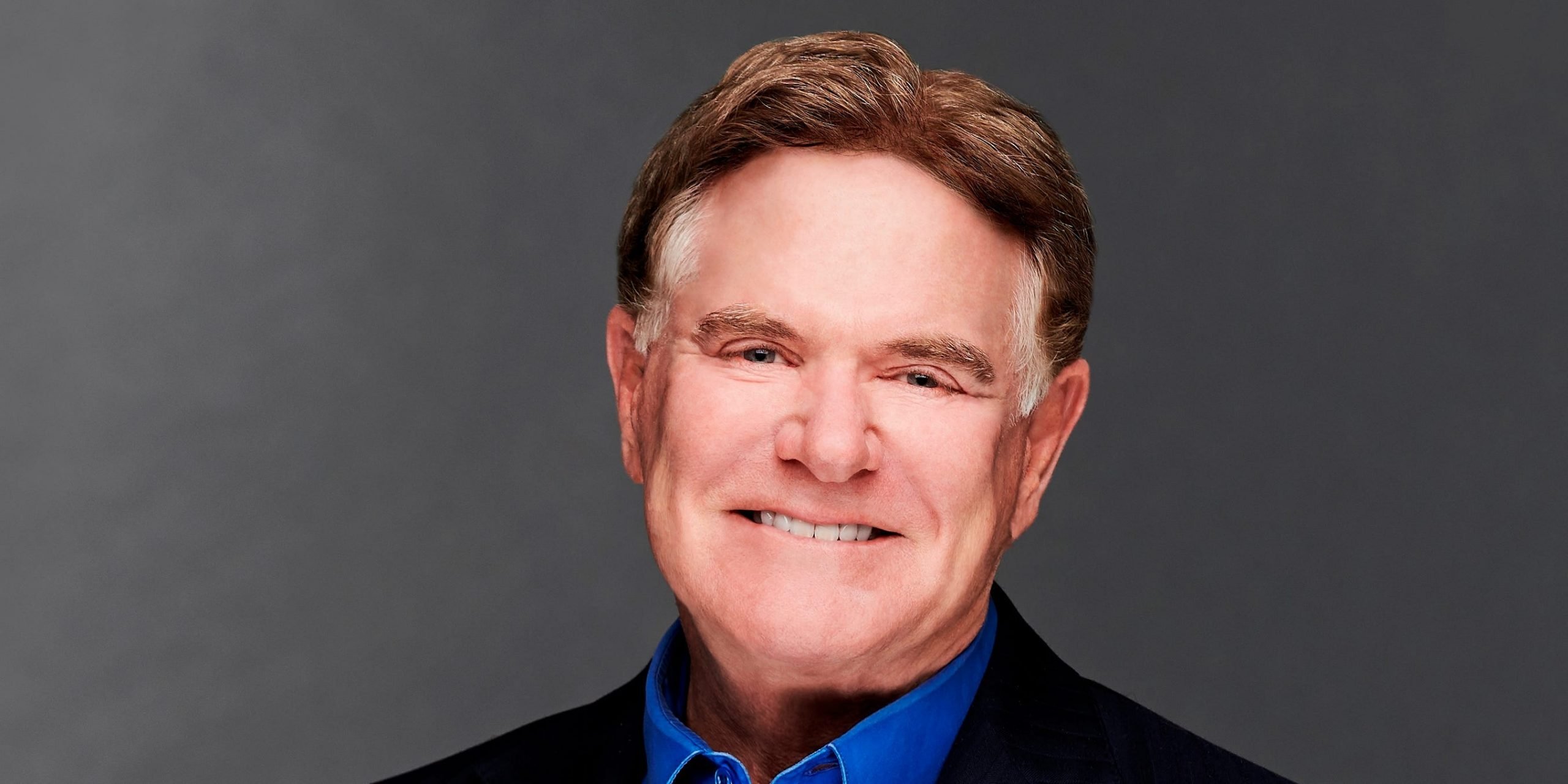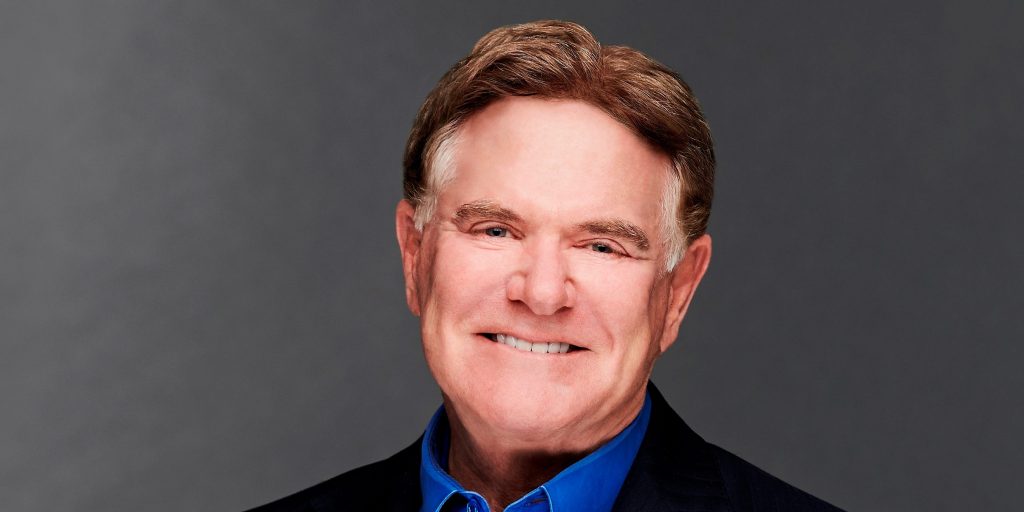
OppFi
- "Leverage on the way up is a great thing. Leverage on the way down can rip your arms off," former TD Ameritrade CEO Joe Moglia tells retail traders in meme-stocks in a CNBC interview.
- Brokerage firms and financial houses dealing with retail investors must be better at educating their clients about the risks of leverage or using loans from brokers to buy stocks.
- Moglia on Thursday addressed retail investors as AMC shares have rallied sharply in the last two weeks.
- See more stories on Insider's business page.
Using leverage, or borrowing money to buy stocks, can pay off for retail investors participating in the explosive rallies in AMC Entertainment, GameStop and other so-called meme stocks but they need to be aware that those trades can quickly turn and burn them financially, the ex-head of TD Ameritrade said in a CNBC interview on Thursday.
"My biggest concern is what's going on with the individual investor … and that they've got to be able to understand when they use leverage what that really means," Joe Moglia, a former CEO and chairman of the online discount brokerage, told CNBC's "Squawk Box".
In using leverage, or margin trading, investors borrow cash from their brokerage companies to buy stocks and pledge securities in their accounts as collateral. Margin trading increases buying power and expands profits.
"Leverage on the way up is a great thing. Leverage on the way down can rip your arms off," Moglia said, referring to losses that can hit investors when a stock price falls. He said investing platforms and other market professionals need to improve upon educating individual investors who day trade about the risks they face from market declines and how to handle them.
"A quick example: if you bought AMC at $10, and it goes to $20, is that not enough of a profit? It goes to $30, it goes to $40. At what time do you start to trim that position or, in effect, get rid of the position altogether? There are things that we've got to do a better job of with day traders," said Moglia, who is the current chair of FG New America, a blank-check company, or SPAC, that targets opportunities in the fintech industry.
Moglia spoke as retail investors have launched AMC's price up by more than 500% since late May in defending the movie-theater chain's shares against hedge funds selling the stock short. The rally is reminiscent of the January boom in GameStop's price as retail investors battled hedge funds betting against the video-game retailer's stock. GameStop shares eventually retreated sharply from an all-time high of $483 apiece.
Investors can be vulnerable when the value of the stocks they've purchased drops significantly. Those declines can trigger margin calls, or demands by brokers for clients to repay some of the money they borrowed. Brokers can liquidate a client's assets to cover the debt if they fail to meet a margin call.
Retail investors have lately overpowered short-sellers betting against AMC. Short-sellers lost nearly $3 billion on Wednesday alone as AMC's share price more than doubled, according to data from analytics firm Ortex.
"What we've got to be conscious of is, at some point, the market is going to turn around. The technicals are going to wear out and [retail investors have] got to be prepared for a down move in that. But so far, I think they've pry made a little bit of money," Moglia said.
Investors this year are borrowing all-time high amounts against their portfolios, with margin debt reaching $847 billion at the end of April, according to data from brokerage industry regulator FINRA.
Retail trading volumes, meanwhile, have been climbing on the back of growth in commission-free brokerage accounts and user-friendly trading apps and as millions of Americans forced to stay home because of COVID-19 turned to the stock market to make money.
Moglia said retail day traders overall should learn more about long-term investing strategies which can enhance discipline.
"If they love what they're doing and they get burned a bit, that shouldn't send them away from the market although I recognize that's a risk. That should tell them they need a better education, a better understanding that day-trading alone is not going to be good enough to ride out the ups and downs of what's going on with the economy and the markets over the next several years."
Dit artikel is oorspronkelijk verschenen op z24.nl

